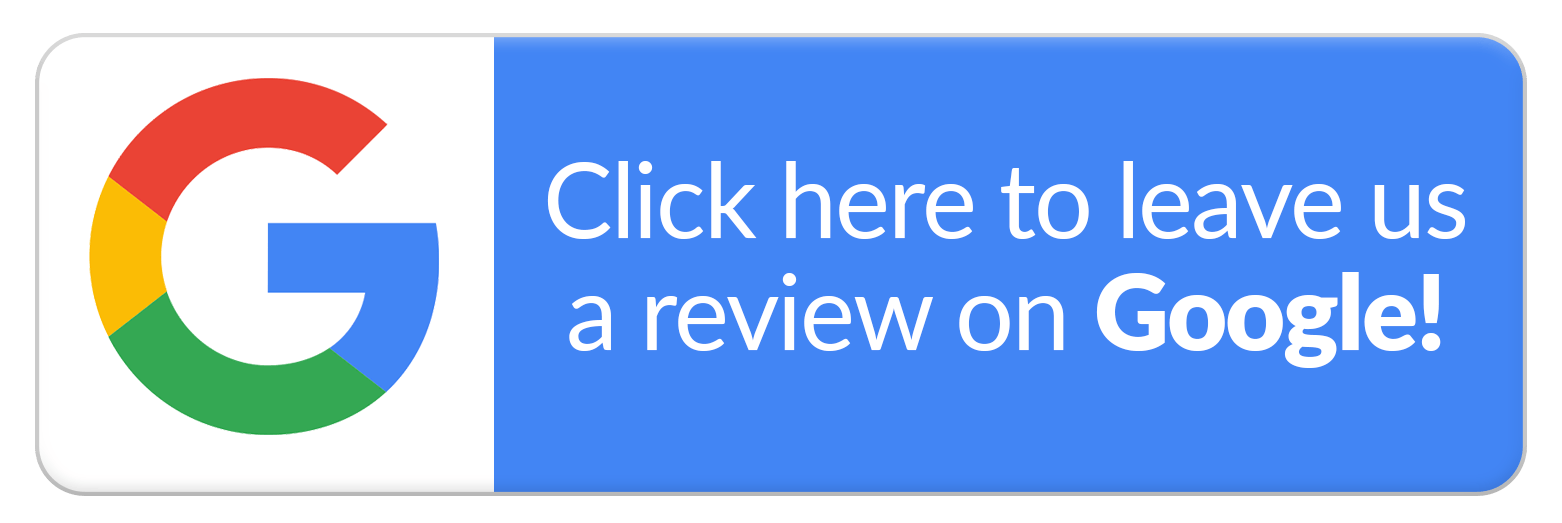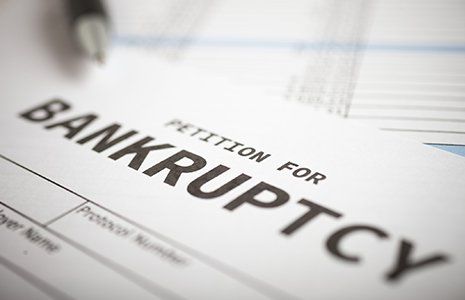CENTER CITY PHILADELPHIA
MONTGOMERY COUNTY
DELAWARE COUNTY
Bankruptcy
Types of Consumer Bankruptcy
Bankruptcy filings have become more common as the national and local economies continue to struggle. For many hard working Americans, bankruptcy may be the best (or only) way to deal with mounting debt. At the The Law Offices of David B. Spitofsky, our practice is focused on Chapter 7 and Chapter 13 bankruptcy.
Chapter 7 Bankruptcy
Chapter 7 Bankruptcy is the most common form of bankruptcy filed by bankruptcy lawyers. It is sometimes referred to as straight bankruptcy or liquidation. It provides consumers with a discharge of their unsecured debts, including credit cards, personal loans, medical bills, utility bills, deficiency balances on repossessed cars and surrendered homes. Those who file a Chapter 7 bankruptcy petition are typically discharged within four (4) months of the bankruptcy filing.
Chapter 13 Bankruptcy
Chapter 13 bankruptcy, also known as a wage earner plan, involves repayment of some or all of one's debts over a three to five year period. Chapter 13 is a valuable and powerful tool for consumers who have fallen behind on mortgage or car payments, as it allows one to catch up on delinquencies and immediately stops foreclosures and repossessions. Chapter 13 Bankruptcy is also valuable to consumers wishing to consolidate their bills or who are having difficulties paying their Federal and State income taxes. Chapter 13 will stop levies, judgments and garnishments. In certain instances, Chapter 13 may allow one to strip a second lien on real estate or to repay only the fair market value of certain assets.
If you are looking for more information regarding consumer bankruptcy in Philadelphia and the surrounding counties, please contact us at
610-272-4555
for a free, no obligation consultation.
The Law Offices of David B. Spitofsky
will be happy to review your options with you to make sure that you are aware of the best options available.
Phone:
610-272-4555 | Fax:
610-272-2961 | Email:
spitofskylaw@verizon.net
- Mon - Fri
- -
- Sat - Sun
- Appointment Only
Weekend Appointments Available
CENTER CITY PHILADELPHIA
1500 Walnut Street, Suite 800 Philadelphia, PA 19102
MONTGOMERY COUNTY
516 Swede Street Norristown, PA 19401
DELAWARE COUNTY
1001 East Darby Road Havertown, PA 19083
CENTER CITY PHILADELPHIA
1500 Walnut Street, Suite 800 Philadelphia, PA 19102
MONTGOMERY COUNTY
516 Swede Street Norristown, PA 19401
DELAWARE COUNTY
1001 East Darby Road Havertown, PA 19083
Content, including images, displayed on this website is protected by copyright laws. Downloading, republication, retransmission or reproduction of content on this website is strictly prohibited. Terms of Use
| Privacy Policy

